Acne is one of the first signs of the developments that begin to occur in our bodies when we enter adolescence, and unfortunately this situation continues in the adulthood of many people. So what’s good for acne? Let’s take a closer look at how acne goes away with some of the methods that you can apply even at home.
While playing games on our own as a small child, we suddenly enter puberty and countless developments begin to occur in our bodies. In this case, which is a natural process, one of the first symptoms we encounter is acne. Puberty acne often does not last very long, but in some people this condition becomes chronic and still as an adult he continues to deal with acne on different parts of his body.
There are many medical methods applied for the treatment of acne, but these eliminate acne and cause some irritations and redness in your body. So what’s good for acne? Of course, when things get out of hand, you should be examined by a specialist doctor, but first, you can try some methods that you can apply yourself at home. Let’s examine how the civil passes in all details.
First of all, what is acne?
Acne is a condition that occurs when skin follicles become clogged with oil and dead skin cells. sebaceous glands are much more active It begins in adolescence and early teenage years and can sometimes be seen up to the age of 50. It is estimated that around 85 percent of teenagers and adults in the world suffer from acne.
So what is the cause of acne?
Every pore on our skin is connected to an oil gland called sebum. When these glands produce extra oil or when that pore becomes clogged with dead skin cells, it causes a bacteria called propionibacterium acnes to grow. Acne occurs when white blood cells attack this bacteria. This is the story of the emergence of all skin problems such as acne, acne, blackheads and so on. Some of the causes of acne are as follows;
- genetic factors
- Unhealthy eating
- Stress
- Hormone changes
- bacterial infections
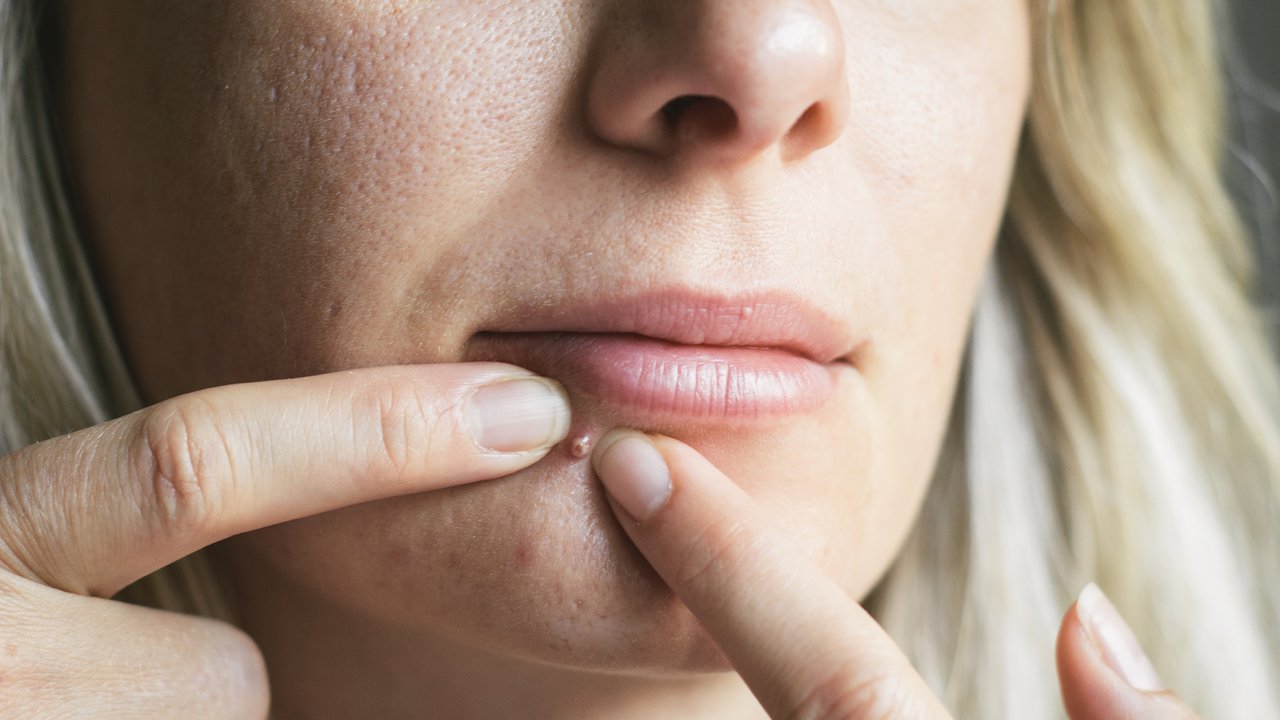
How does acne go away? Here are the ways that are good for acne:
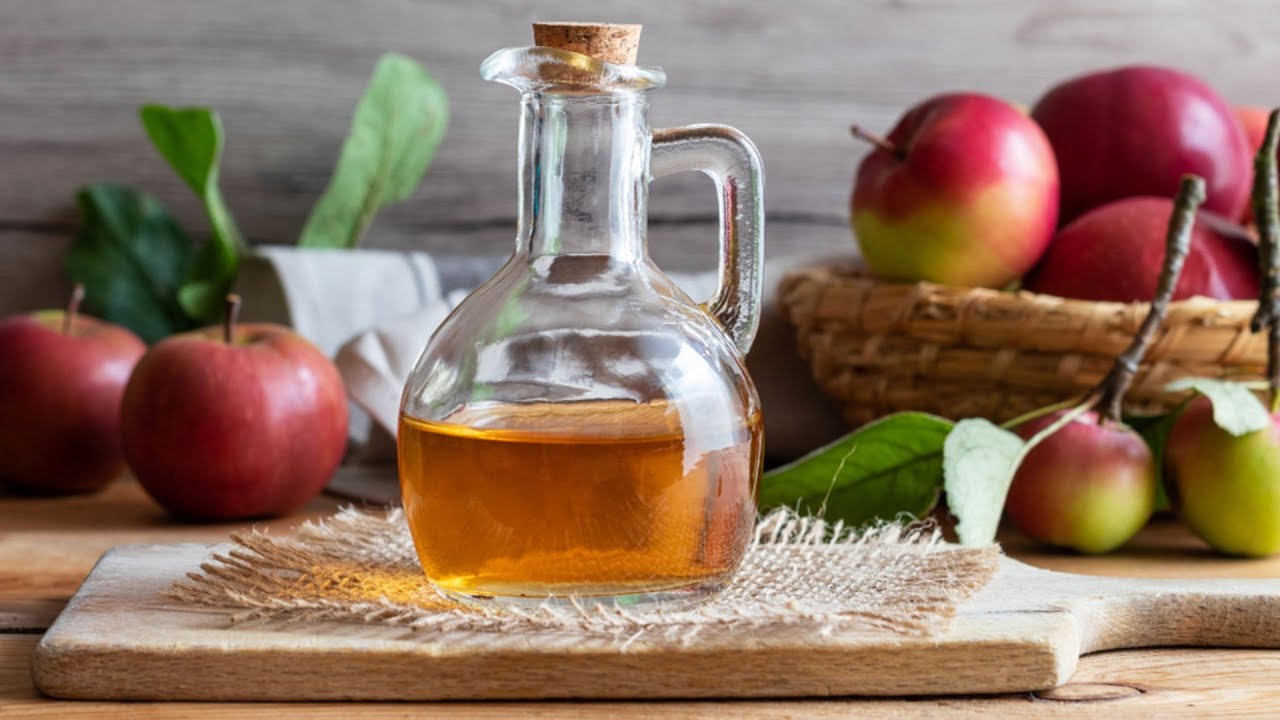
Apply apple cider vinegar:
Since apple cider vinegar has a strong acidic structure, it shows the ability to eliminate acne. Mix 1 part apple cider vinegar with 3 parts water. Apply it on the acne with the help of a cotton ball and wash it after waiting for about 1 minute. Be careful to apply this mixture only to the acne spots because your skin may become irritated.
Take a zinc supplement:
One of the most important nutrients in cell growth, hormone production and strengthening the immune system is zinc. Unfortunately, most people do not consume enough zinc. You should consume it regularly, especially during adolescence. The recommended daily intake limit is 40 mg. You can take zinc supplements by consulting your doctor.
Take a fish oil supplement:
In addition to the numerous benefits of omega-3 fatty acids found in fish, It has eicosapentaenoic acid and docosahexaenoic acid properties. and thus effective on acne. If you cannot consume fish regularly, you can use fish oil supplements approved by the Ministry of Health.
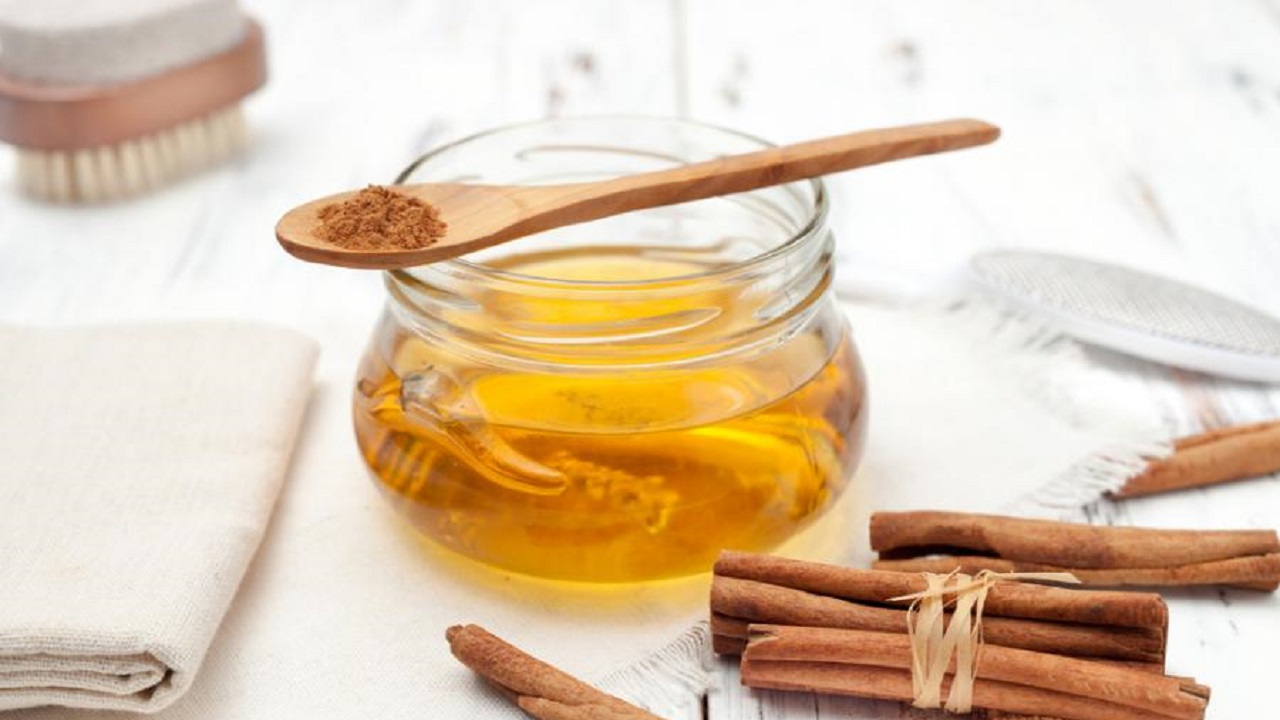
Make a honey and cinnamon mask:
It is not a scientifically proven method, but those who try it recommend it. Add 1 teaspoon of cinnamon to 2 tablespoons of honey and mix it to form a paste. After cleansing your face, apply this mask, wait 10-15 minutes and wash your face. Thanks to its anti-inflammatory and antibacterial properties, it will destroy your acne.
Take green tea:
It has not been conclusively proven, but at the end of a 4-week study of 80 women, it was seen that the acne in the participants was greatly reduced. Brew and refrigerate green tea using the usual methods. Then apply it to your skin with the help of cotton and wash your face after drying. No side effects were observed.
Moisturize your skin with aloe vera:
Aloe vera is a natural miracle. When you regularly apply it to your skin It will both moisturize and clean. You can apply a natural aloe vera gel without additives to your skin twice a day. You don’t even need to rinse.
Apply tea tree oil:
The oil obtained from the tea tree, a tree of Australian origin, has been widely sold in our country in recent years. Mix 1 part tea tree oil with 9 parts water. Apply it on your pimples with the help of a cotton ball. If you wish, you can moisturize the same spots later with aloe vera. Be careful only to apply it to acne spots because it can irritate your skin.
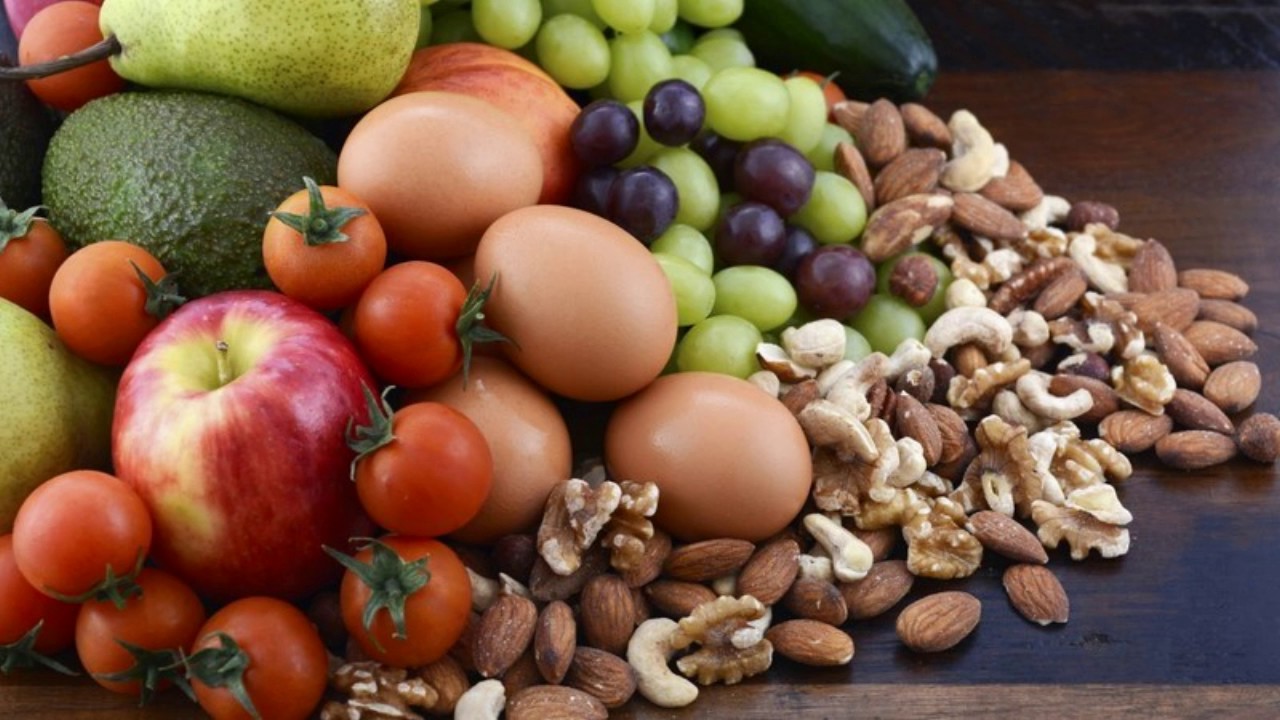
Follow the low glycemic diet:
- Avoid these foods;
- White bread
- sugary drinks
- Alcoholic beverages
- Pastries
- sugary foods
- processed foods
- Consume these foods;
- Fruit
- Vegetable
- legume
- Hazelnut
- whole grain
Manage your stress:
It’s easy to say, hard to do, but rest assured, stress is the most important cause of acne in adulthood. Paying attention to your sleep, doing yoga, meditating, taking deep breaths Even if you can’t eliminate stress, you can at least control it.
Exercise regularly:
Especially if you have acne due to hormonal changes during puberty, menstruation or pregnancy. Don’t forget to exercise regularly Because numerous studies on the subject show that even simple exercises such as walking, which will take a total of 150 minutes a week, are extremely effective on hormone regulation, as well as many benefits.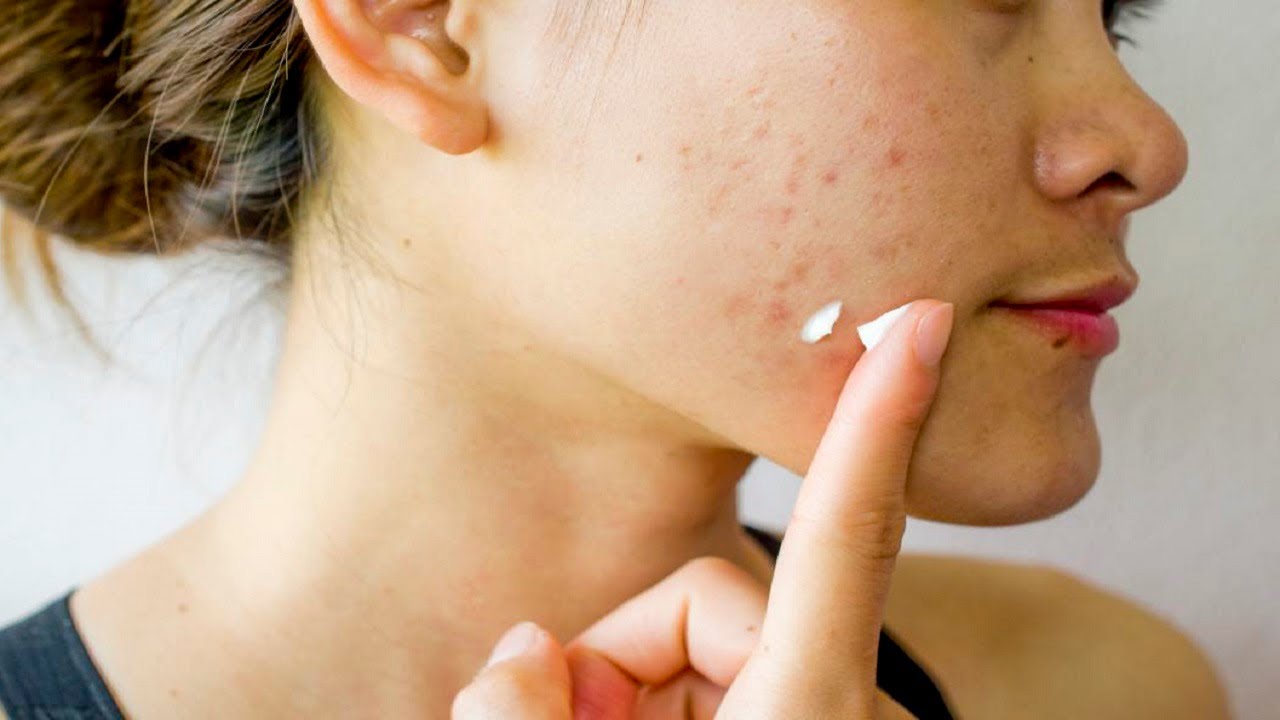
Prevent pimples before they appear:
- Wash your face properly and regularly so that it is free of impurities.
- Apply moisturizer to your face regularly so that sebum does not produce oil.
- Use as little make-up as possible, remember to clean it at night so you don’t clog your pores.
- Do not touch your face unless you are sure that your hands are not clean because we have countless bacteria on our hands.
- Avoid prolonged sun exposure because your skin dries out and sebum produces more oil.
- Don’t pop your pimples because inflammation and infection can spread and clog other pores.
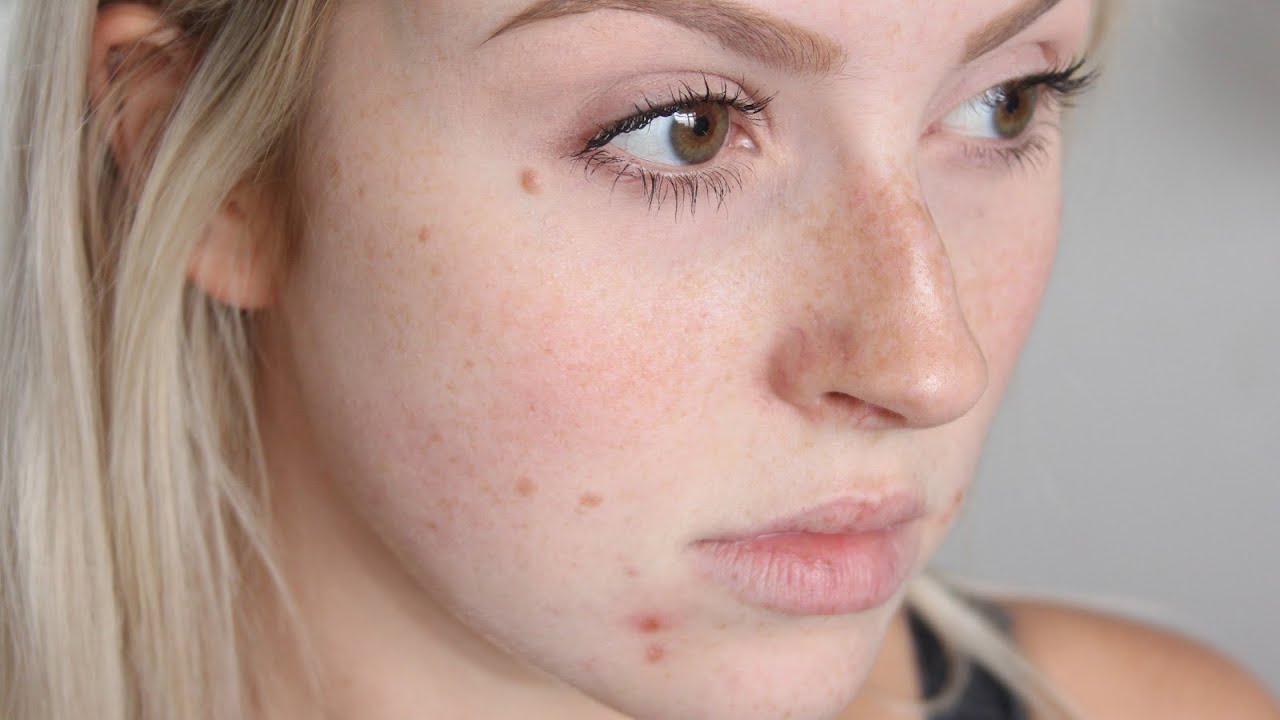
When should you go to the doctor?
Since acne is one of the most common skin conditions, you do not need to go to the doctor right away. You should expect results by applying the methods described above. If you are experiencing the following situations, you should be examined by a dermatologist;
- If you do not see any signs of improvement as a result of any method.
- If the pimples that disappeared are reappearing in the same place.
- If you have acne on your thighs and upper arms.
- If you have deep and painful acne.
- If you have acne that does not go away for years.
- If pimples are causing dark spots.
- If you suspect that a drug you are using causes acne.
- If your acne has reached the level that will affect your self-confidence and social life.
Especially in adolescence, which is the trouble of all of us. how to get rid of acne, what is good for acne We talked about the methods you should apply by answering frequently asked questions. What we describe is for informational purposes only. Remember that you should get the most accurate and specific information about the subject from a specialist physician.
